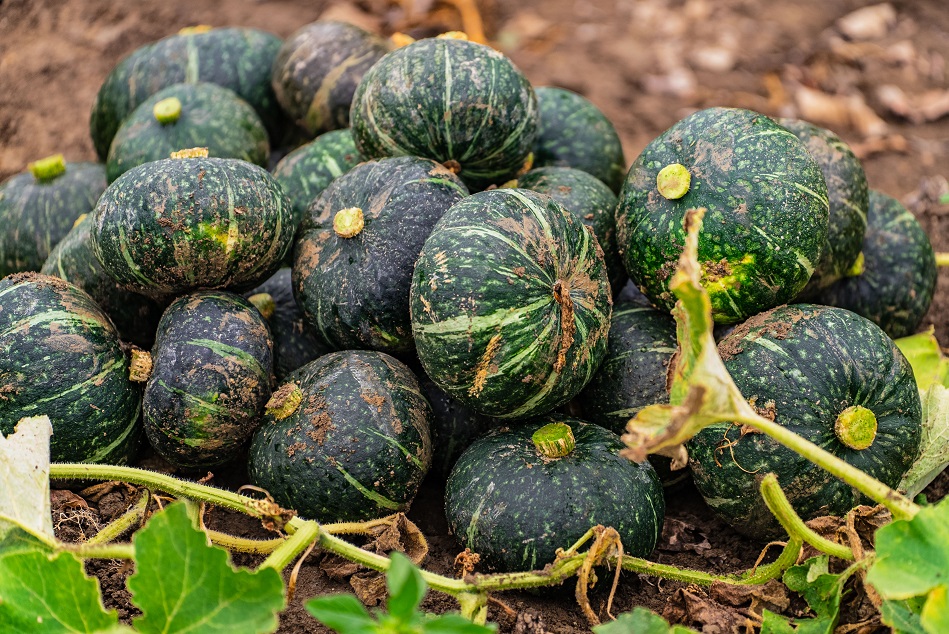A project focusing on soil-borne diseases in buttercup squash is learning from other crops in the same plant family, such as watermelon, and its results are also likely to be relevant to those growers.
The A Lighter Touch and the New Zealand Buttercup Squash Council project aims to develop an agroecological “whole of farm” approach to manage soilborne diseases in buttercup squash, which cost growers an average of $20 million a year in lost revenue.
Lincoln University has led the first stage of the project, being a review of all New Zealand and overseas knowledge on the prevalence, management and mitigation of soilborne diseases in squash, including plant breeding for disease tolerance. As well as buttercup squash, researchers have sourced information from eight other crops in the cucurbit family – pumpkin, butternut squash, summer squash, cucumber, watermelon, melon, muskmelon and zucchini squash.
The aim of the knowledge review is to establish what growing practices are required with buttercup squash to mitigate or break the soil-borne disease cycle.

Buttercup squash harvested from recent ALT field trials testing soilborne disease control options.
Project team member Dereck Ferguson says it has become clear as the knowledge review has progressed, there are beneficial learnings for the project from the experiences of other cucurbit growers. It is also apparent that the Best Management Practice (BMP) guide, which will be produced from the knowledge review, will be useful to growers of other cucurbits, not just buttercup squash.
Those leading the project are keen to share learnings from the project with growers of other cucurbits, and also draw on the knowledge and experience of those growers with soilborne diseases.
“Knowledge is powerful, if growers of other cucurbits don’t have a problem, we want to know why not?” Dereck says.
Some other cucurbit growers do have options for managing soilborne diseases that are not available or not affordable to buttercup squash growers, such as soil fumigation and use of disease resistant root stock. However these options have limitations, with fumigation being expensive, and tolerant root stock also beginning to develop resistance issues with some soilborne diseases.

Buttercup squash being harvested from an ALT field trial in Gisborne testing soilborne disease control options.
“Fumigation and use of root stock are not fixing the under-lying issue. Essentially, they are band aids to enable production, they don’t address the cause of the disease, which is what we’re focused on.”
“An agroecological approach including creative use of service crops and better use of biocontrol agents to keep pathogen levels lower in the soil is a better environment in which to operate for all growers, regardless of whether they have resistant root stock or not.”
The BMP guide to be produced from the knowledge review will include knowledge and growing practices in relation to service crops, rotation lengths and compatible crop rotation practices, and those to be avoided. It will also have advice on soil testing tools, new synthetic products or biocontrols, as well as delivery methods and target thresholds for successful use.
A summary from the knowledge review will be shared at grower events this coming winter, and all cucurbit growers are encouraged to attend. Dates for these events have yet to be announced.